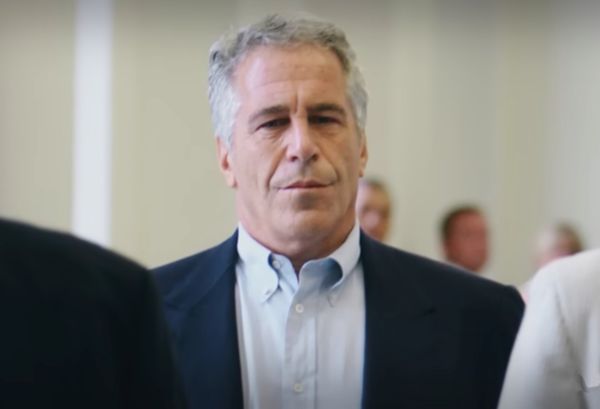
Australian families can’t afford groceries but at least there’s a wealth of cost of living inquiries — more than half a dozen, in fact, some of which are due to report in coming months.
The Senate’s cost of living committee is getting close to wrapping up its work, but before members finish their final report, due in May, there’s one last witness some would like to call: the Australian Competition and Consumer Commission (ACCC).
Crikey understands some committee members are keen to call the consumer watchdog to give evidence about its own probe into supermarkets, which has yet to hold a hearing and is due to finish next February. The ACCC’s view on competition in the airline industry is also of interest.
The cost of living committee has become somewhat divided down party lines, which is not unusual for Senate committees where politicians are made to collaborate with rivals across the aisle.
An interim report released last year and co-authored by chair and Liberal Senator Jane Hume blamed the Labor government for worsening the crisis and failing to follow through on its commitments to fix it. Both Labor and the Greens had dissenting statements included in the report. Greens member Penny Allman-Payne showed up to 10 out of 17 hearings, and her office said the absences were partly due to medical reasons. (Labor and the Coalition have both shown up to every hearing, occasionally dispatching several senators from each party to hear evidence.)
“The Liberals were in government for the better part of a decade, but it was only in opposition that they suddenly started feigning interest in the cost of living,” Allman-Payne told Crikey.
“They’ve used this inquiry process not to surface real solutions but purely as a way to score political points against Labor and give a platform for their corporate mates to spout their free-market propaganda. If easing the cost burden on families and tackling rising poverty was really their goal they’d be pushing for reforms that we all know would work: increasing income support, providing affordable housing, and fully funding public services like health and education.”
Hume said the committee had heard a large body of evidence and would aim to make practical recommendations in its final report.
“The committee has received over 130 submissions, 900 community survey responses, and evidence from the charity and community sector, businesses, peak bodies and the public,” Hume told Crikey.
“The committee will consider all evidence that’s been put forward, in order to present practical recommendations that will bring down the cost of living without adding to inflation.”
While the cost of living committee is wrapping up, another Senate committee has recently been formed to look at supermarket prices. In its first public hearing on Thursday, that committee heard evidence some Australians were forced to “dumpster dive” to afford food.
“Members of our community who are nurses have reached out to us, and said they’re studying full time, working as nurses and they’re also having to go to the bins to get food because that is the most economically and environmentally friendly way to source these essential items,” Grassroots Action Network Tasmania member Amelia Cromb told the committee, according to Sky News Australia. That committee’s final report is also due in May.
As the ABC reported last month, at least three other related probes are ongoing: one by Treasury looking into the Australian Government Food and Grocery code of conduct, due in June; another by Treasury reviewing industry competition, due in August 2025; and one by the House of Representatives standing committee on economics, looking into “promoting economic dynamism, competition and business formation”.







